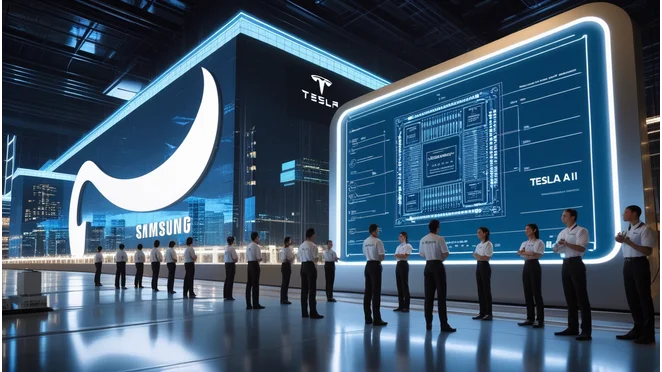Tinder is introducing AI-powered matching features in an effort to attract users back to the platform. The new system aims to offer more personalized matches and an alternative to the traditional swipe-based method. Match Group CFO Gary Swidler emphasized that the AI-driven feature is meant to enhance, not replace, the swiping experience. He hopes it will improve match quality and user perception, which could ultimately help increase user numbers. Another AI tool, the AI Photo Finder, was launched last year to assist users in selecting their best profile photos.
Many feel that these platforms create an illusion of endless choices, only to find limited real connections. This shift in perception has led to a decline in Tinder’s active users. In October, Tinder’s monthly active users had dropped 10% year over year, improving slightly to a 9% decline in the following months. In January, the drop was recorded at 8%, which the company presented as a sign of stabilization.
Tinder’s direct revenue fell short of expectations, generating $476 million instead of the projected $480–$485 million. Match Group’s earnings per share also missed estimates, coming in at 82 cents instead of the expected 84 cents. While Q4 revenue exceeded projections at $860 million, it still marked a 0.7% year-over-year decline. The company expects further revenue drops in Q1 2025 due to ongoing user loss.
Match Group has appointed Spencer Rascoff, co-founder of Zillow, as its new CEO. Rascoff is optimistic about AI’s potential to transform online dating, comparing its impact to the mobile revolution of a decade ago. He believes AI could drive user engagement similar to how TikTok, Instagram, and Snapchat have leveraged AI to boost retention.













